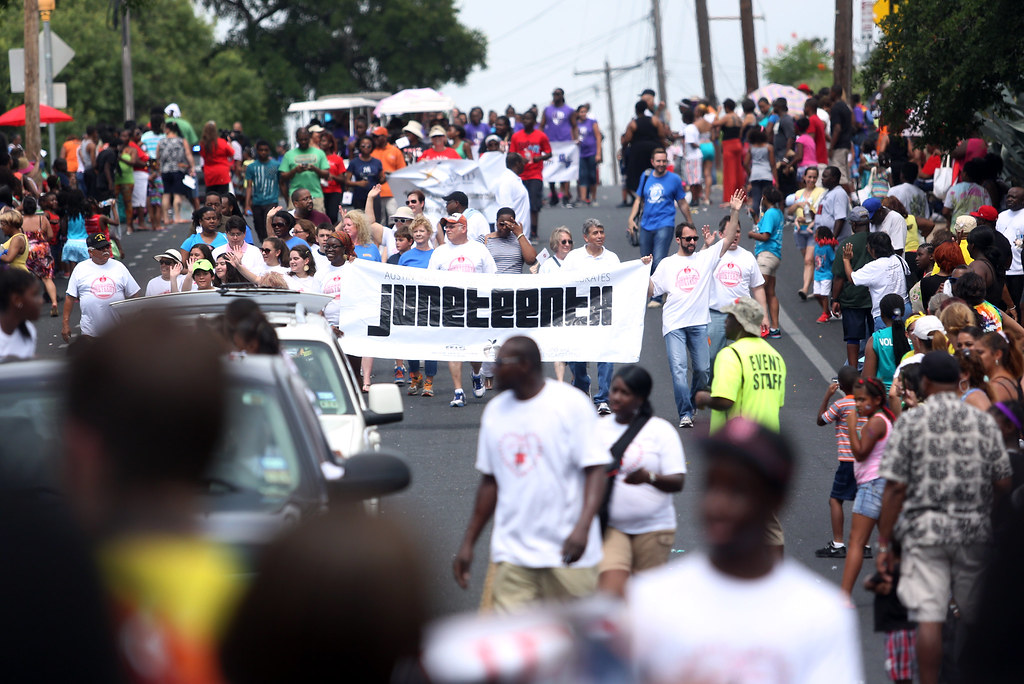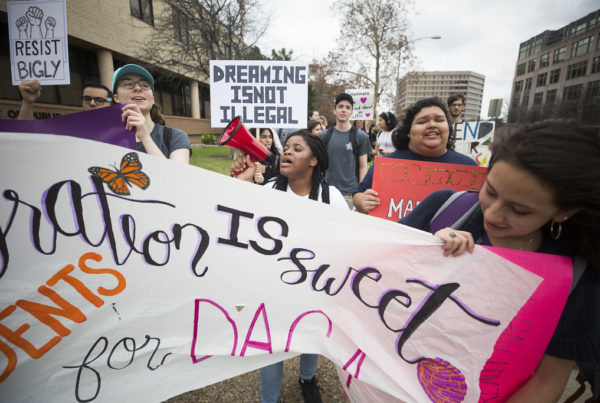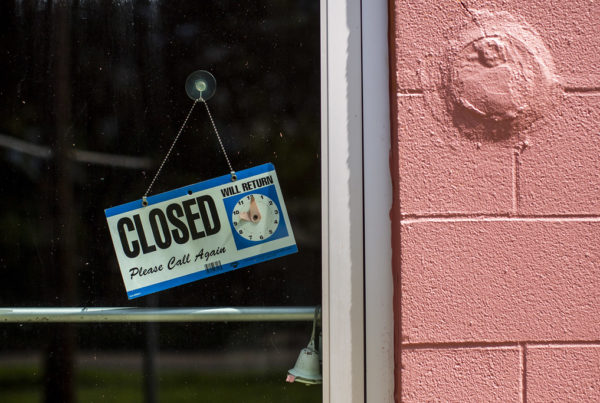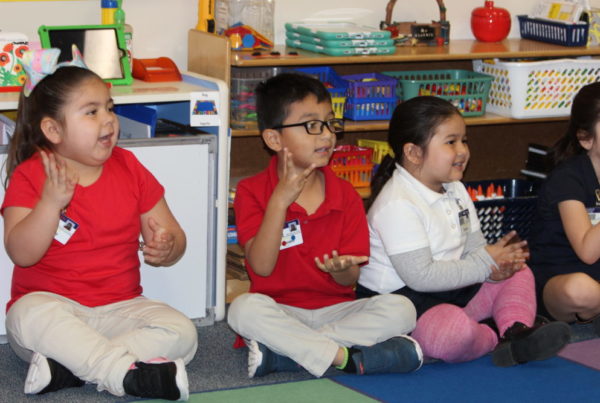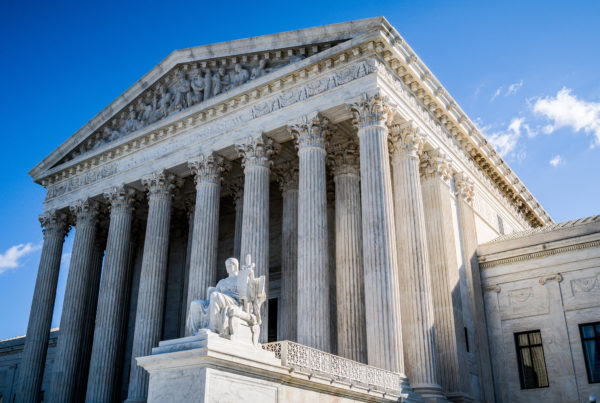The first Juneteenth was not the celebration that it is today. June 19, 1865 was the first day of a federal occupation of Texas, and the beginning of liberation for the 250,000 black slaves still living in bondage there.
Now, June 19 is a permanent day of remembrance, and celebration.
Michael Hurd, director of the Texas Institute for the Preservation of History and Culture at Prairie View A&M University, told Texas Standard host David Brown about his experience with the holiday.
Growing up in Houston in the 1960s, Hurd remembers spending Juneteenth at picnics with his family and friends. They would eat on soul food and run around, playing games.
“We never really got the significance, you know, fully, of what that day was. Just that it was a wonderful day to be with our friends,” Hurd said.
Throughout his childhood, Hurd never really had the opportunity to learn more about black history and culture.
“We didn’t get taught that in high school, and we really didn’t have a lot of conversations as a family back then about those kinds of our legacies and histories and things that we should be aware of. There was just a lack of conversation back then.”
As an adult, Hurd came to better understand Juneteenth through self-education. He started reading black newspapers like the Houston Informer and Chicago Defender, and black magazines, like Ebony and Jet.
His Juneteenth celebrations moved on from family picnics to larger programs, parades and marches.
“[Juneteenth] took on more of a community-wide festival. I would participate in that regard, and the celebrations all have gotten a lot more diverse,” Hurd said, adding, “I’m really happy to see that.”
Every year, Hurd reminds himself of the history behind the holiday.
“I do take some time to reflect on what that day means and what it must have been like to be told after all you’ve gone through as a slave, to be told that you are free. And how exhilarating that feeling had to be,” he said.
This Juneteenth, Hurd doesn’t have any plans; he anticipates a quiet day of reflection.
Web story by Sarah Gabrielli.


